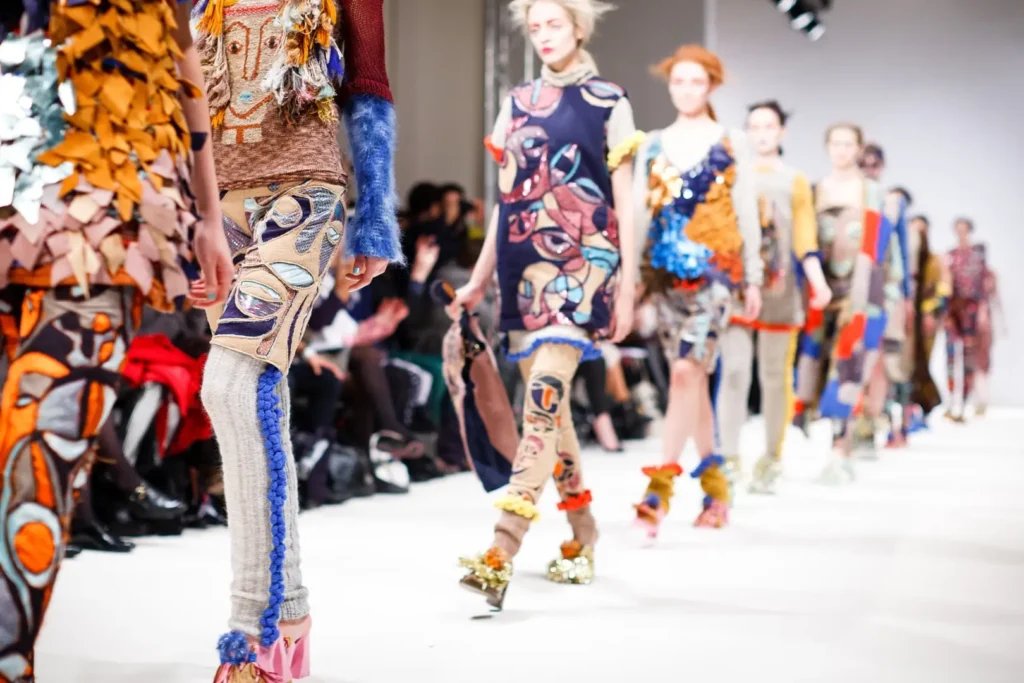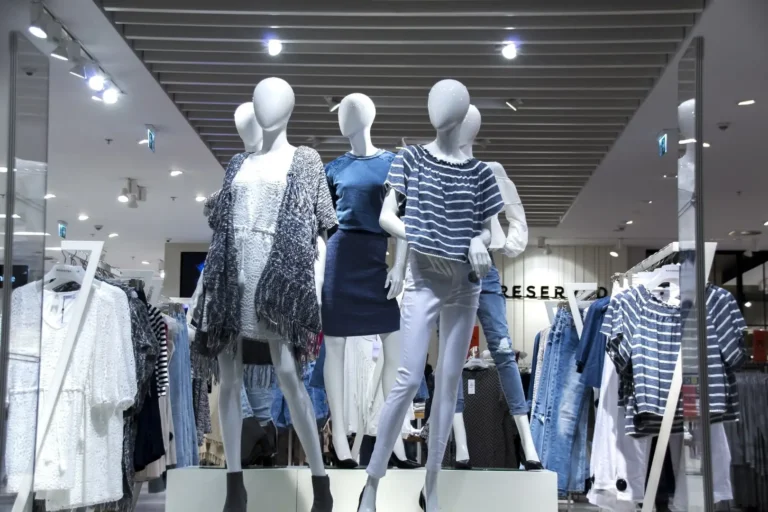The fashion industry has made significant strides toward sustainability in recent years, with numerous brands adopting eco-friendly practices, promoting ethical production, and encouraging consumers to make more conscious choices. However, as the global economy faces new challenges and consumer behavior evolves, there is growing concern that the industry’s commitment to sustainability might be waning. This retreat from sustainability is a worrying trend that could have profound implications for the environment and society.
The Rise of Fast Fashion and Greenwashing
The fast fashion industry has long been criticized for its environmental and social impacts, including excessive waste, pollution, and poor labor conditions. Despite growing awareness and criticism, fast fashion continues to thrive, fueled by the demand for cheap, trendy clothing. Some brands have responded to sustainability concerns by launching “green” collections or marketing their products as eco-friendly. However, many of these initiatives are superficial, amounting to little more than greenwashing—where companies exaggerate or misrepresent their environmental efforts to appeal to conscious consumers without making meaningful changes to their practices.
Economic Pressures and the Sustainability Setback
The global economy has faced significant disruptions due to events like the COVID-19 pandemic, geopolitical tensions, and inflation. These challenges have led many fashion companies to prioritize short-term survival over long-term sustainability goals. Cost-cutting measures, supply chain disruptions, and a focus on profitability have often resulted in reduced investment in sustainable materials, ethical labor practices, and environmentally friendly production processes.
Furthermore, some consumers, facing economic uncertainty, may opt for cheaper, less sustainable options, undermining the progress made in encouraging mindful consumption. The return to pre-pandemic shopping habits, including an increase in fast fashion purchases, signals a potential shift away from the slow fashion movement that gained traction in recent years.
The Impact of a Sustainability Retreat
A retreat from sustainability in the fashion industry could have severe consequences. The industry is one of the largest polluters globally, contributing to water pollution, carbon emissions, and textile waste. A rollback in sustainable practices could exacerbate these issues, leading to further environmental degradation and worsening the climate crisis.










Additionally, the social impact of unsustainable fashion practices cannot be overlooked. Many workers in the fashion supply chain are already vulnerable to exploitation, and a retreat from ethical labor practices could lead to worsening conditions, including lower wages, unsafe working environments, and reduced workers’ rights.
The Path Forward: Recommitting to Sustainability
To counteract this potential retreat, it is crucial for both fashion brands and consumers to recommit to sustainability. Brands must go beyond greenwashing and implement genuine, transparent practices that prioritize the planet and people over profits. This includes investing in sustainable materials, ensuring ethical labor practices, and creating products designed to last rather than contribute to the throwaway culture.
Consumers also play a vital role in driving change. By supporting brands that are committed to sustainability, choosing quality over quantity, and practicing mindful consumption, individuals can help shift the industry towards a more sustainable future. Additionally, demanding greater transparency and accountability from fashion companies can push the industry to maintain its focus on sustainability, even in challenging times.
Conclusion
While the fashion industry has made significant progress in embracing sustainability, the recent signs of retreat are concerning. In an era where the consequences of environmental degradation and social inequality are becoming increasingly apparent, it is more important than ever for the industry to stay committed to its sustainability goals. By continuing to prioritize sustainable practices, both fashion brands and consumers can help ensure that the progress made is not lost and that the industry can move towards a more responsible and ethical future.


















